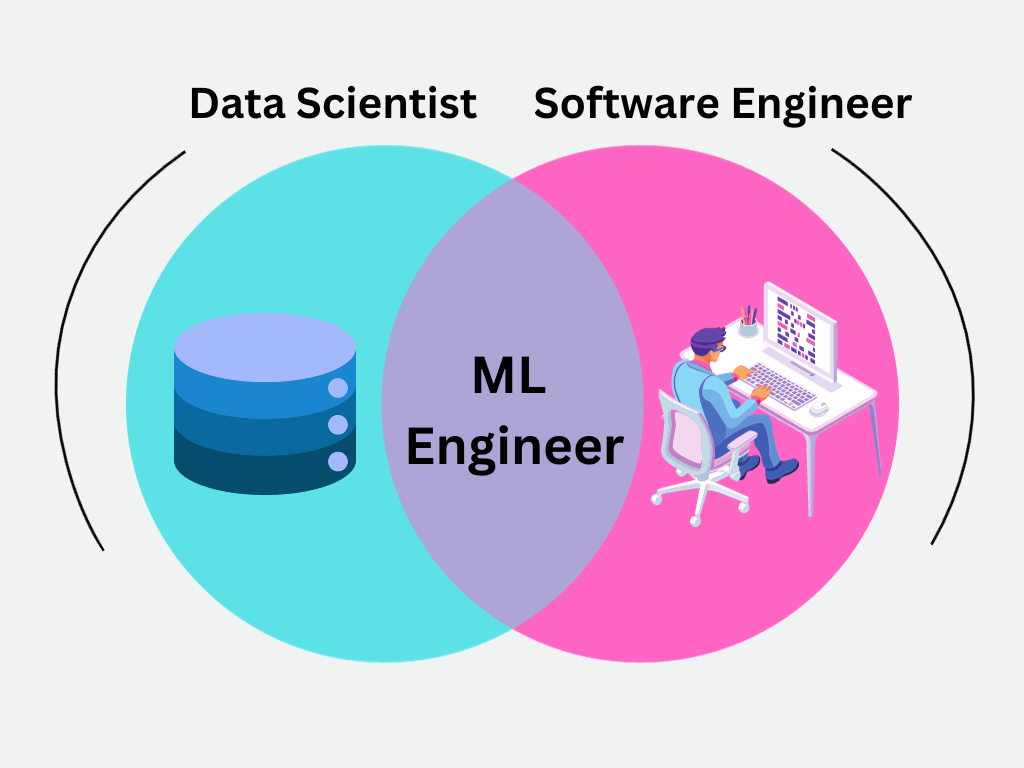It's not surprising that Reid Hoffman, who co-authored a book with GPT-4, and served as an OpenAI director, believes that knowledge workers who don't use AI will get left behind. Hoffman is an entrepreneur, corporate executive, and venture capitalist who served on the board during the founding of PayPal, later becoming its COO, and in 2002, co-founded LinkedIn with two former colleagues.
Artificial intelligence is a special interest of Hoffman's; he was a founding investor in OpenAI, and in 2022 he co-founded Inflection AI, a tech company that develops machine learning and Gen AI hardware and apps, which so far has released a personal assistant product called Pi. Greylock Partners, his VC firm, has backed at least 37 AI companies so far. Safe to say, he has a vested interest in all things AI. But does he have a point?
Jobs redefined by ML
It's been well-reported that the market size of machine learning is expected to grow to $106.52 billion by 2030. While it currently seems like every company has to be seen to be doing something in AI – with very mixed results – there's no doubt that as the technology becomes more and more sophisticated, there will be greater adoption of AI and Gen AI across every industry.
Savvy knowledge workers are no longer fearing that AI will take their jobs, but are leveraging AI-driven chatbots and virtual assistants, prompting ChatGPT and Chatbot UI to mock up first drafts of emails and reports, and writing code and unit tests with platforms like Diffblue and GitLab.
Roles aren't going away, but they are fundamentally changing.
This year, it's non-tech industries that are trying to attract tech workers with experience in applied AI. And TalentNeuron's 2024 labor market report specifically names these industries as: defense, biotech and pharma, manufacturing, and financial services.
This is certainly true of the TechSpot Job Board, where organizations like Booz Allen Hamilton, Nestlé IT, Nestlé Purina Pet Care, Lockheed Martin Corporation, and Leidos are almost always hiring.
Elevate your earnings
The demand for experienced AI professionals is reflective of the existing skills gap for the most in-demand and highest-paying roles. Engineers who upskill in AI can increase their salary considerably. So you could say that workers who don't adopt or learn AI will fall behind when it comes to remuneration.
Statistically, recent analysis by Bizreport says AI is responsible for widening the pay gap between tech and non-tech roles by 36%. It also reports that salaries for entry-level AI roles were 128% higher than other occupations, while the difference at mid-level and senior was 58% and 49%. Additionally, Bizreport notes that in 2023, 30.3% of computer science jobs were AI-related, and in 2024, there will potentially be more than 131,000 AI-related jobs in the computer science market.
So while Hoffman's glowing view of an AI future may read like an utopian ideal, the statistics don't lie. In the middle of a tech talent shortage so severe that jobs site Indeed has launched a specialized Tech Network to help match companies with in-demand developers, engineers, analysts, and more, AI roles are offering the highest salaries. Plus, the sheer volume of AI jobs on offer means that strategic professionals can really use the ongoing skills gap to their advantage.
Inspired to take action? Check out the TechSpot Job Board where you'll find new AI and non-AI roles advertised daily, like these.
AI Engineer, Vorto, Denver
Creating AI-powered automations that transform supply chains, Denver's Vorto enables logistics businesses to be more economically and environmentally sustainable by digitizing supply and demand prediction.
Currently hiring an AI Engineer for a role that's 80% software engineering and 20% data science, the successful candidate will solve problems, develop novel mechanisms which optimize supply chains, build and improve the intelligence behind its logistics simulations and market optimization algorithms, and implement and ship models predicting the demand for commodities.
You'll need an ability to design and implement AI tools in Go, have experience in at least one ML framework, such as TensorFlow, Keras, or PyTorch, and have an advanced degree in a quantitative field. Find out more here.

AI Machine Learning Engineer, Trinity Solar, Iselin
Trinity Solar is seeking a talented and motivated AI/ML Engineer to join its team and play a key role in developing cutting-edge machine learning models and implementing AI solutions to solve complex problems.
You will have the opportunity to work on exciting projects and contribute to the growth of its AI capabilities, collaborate with cross-functional teams to understand project requirements and deliver robust AI solutions, work on data preprocessing, feature engineering, and model deployment and stay updated on the latest advancements in AI/ML. Read more here.
Senior Developer Technology Engineer - AI, Nvidia, Santa Clara
Join Nvidia, the leading global manufacturer of high-end GPUs in Santa Clara as a Senior AI Developer Technology Engineer and you'll be studying and developing cutting-edge techniques in deep learning, graphs, ML and data analytics. Its computing model, GPU deep learning, enables computers to write software that is too complex for people to code, so this is a real chance to influence the next-generation architectures, software platforms, and programming models.
A Master's degree in engineering or computer science-related discipline, or equivalent experience is required, as is over six years' of relevant work experience. Again, the salary range is broad, but each end is very healthy, and the successful candidate will also be eligible for equity and benefits. Apply now.
